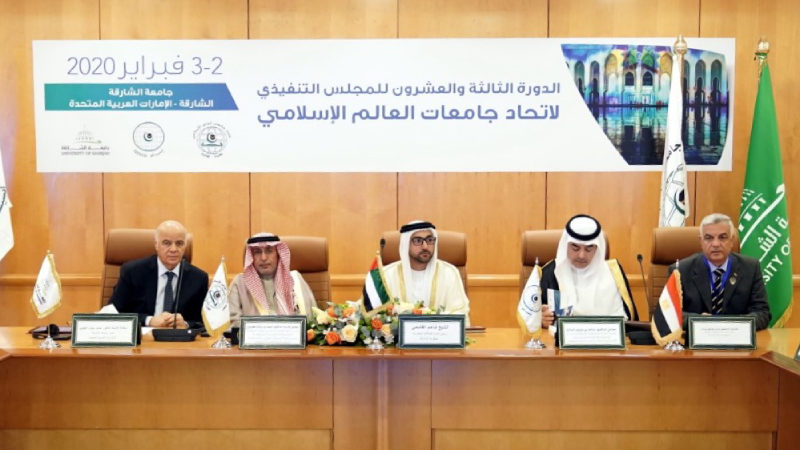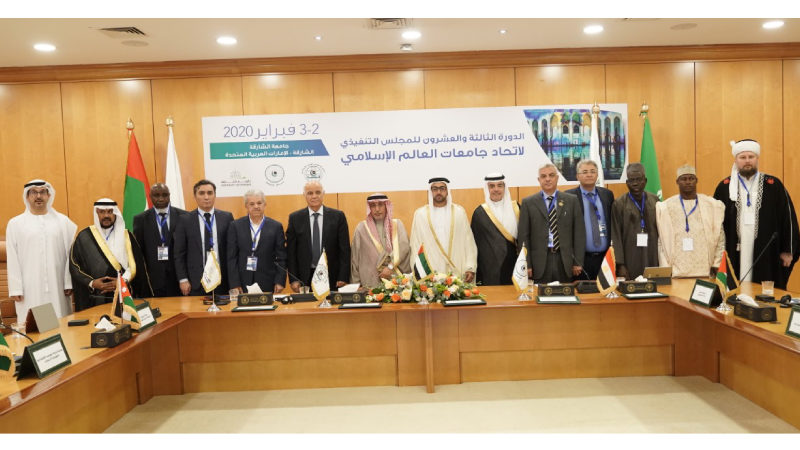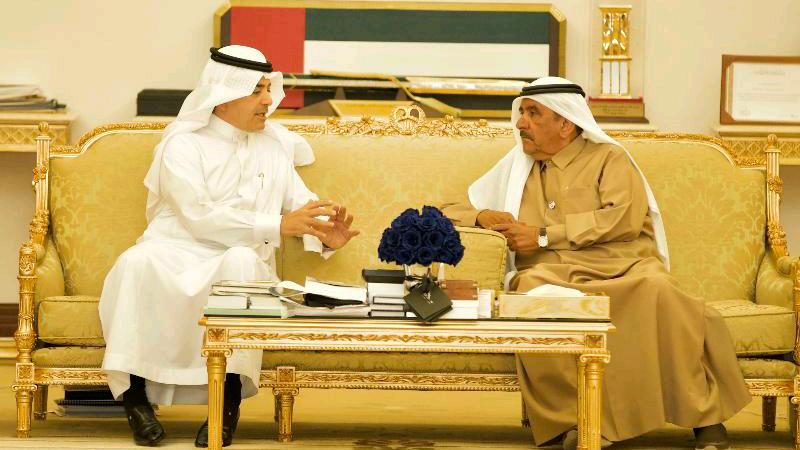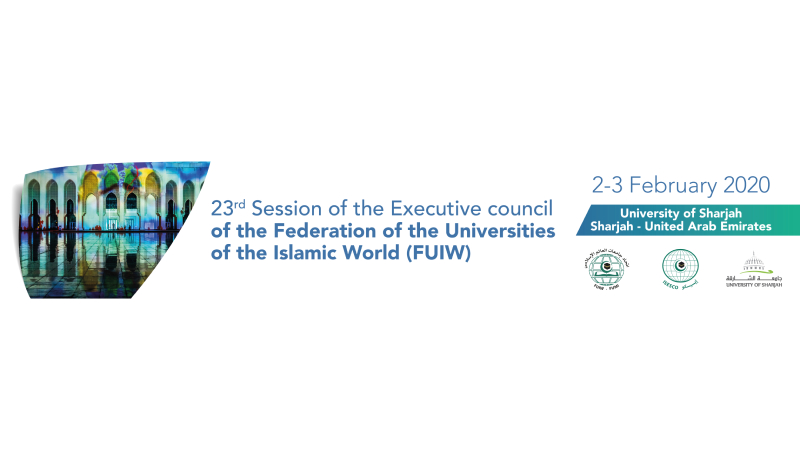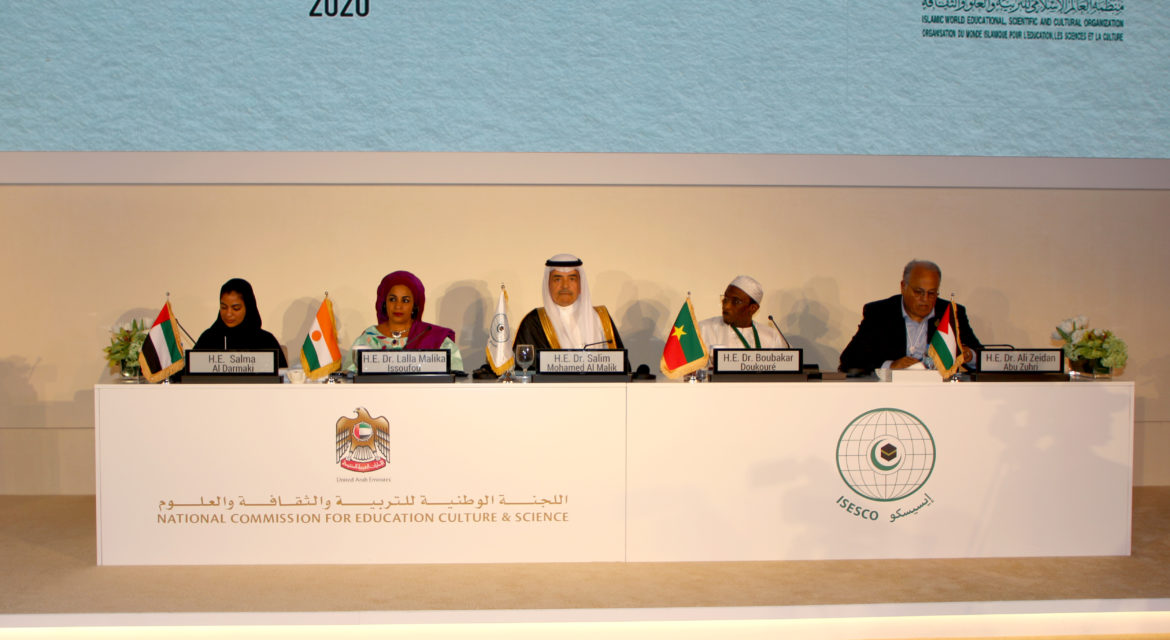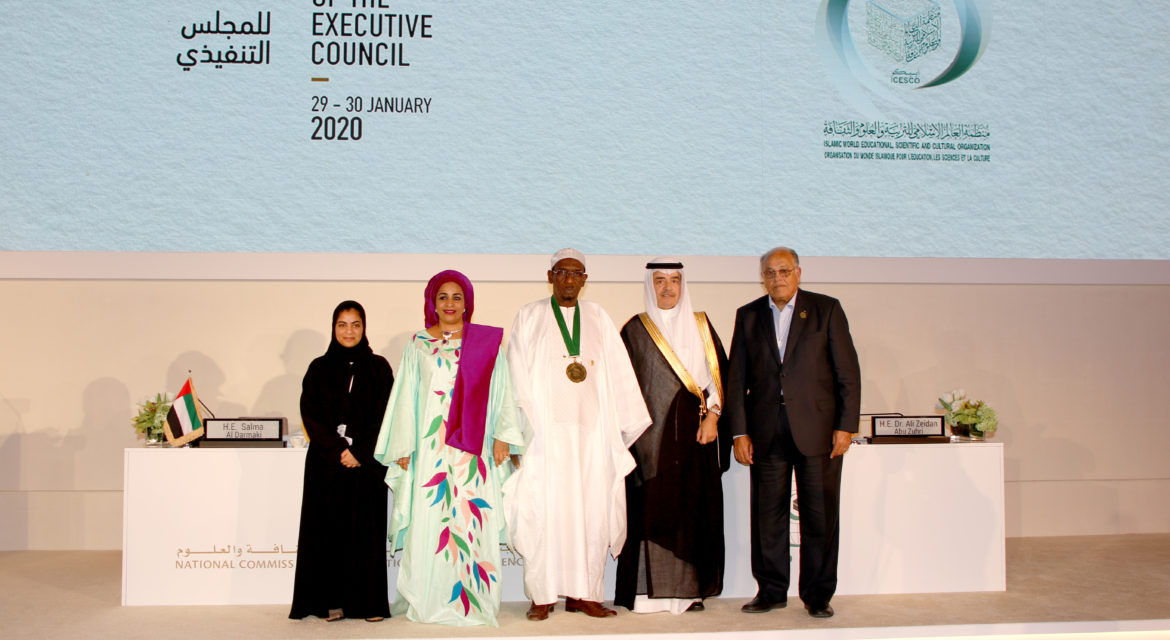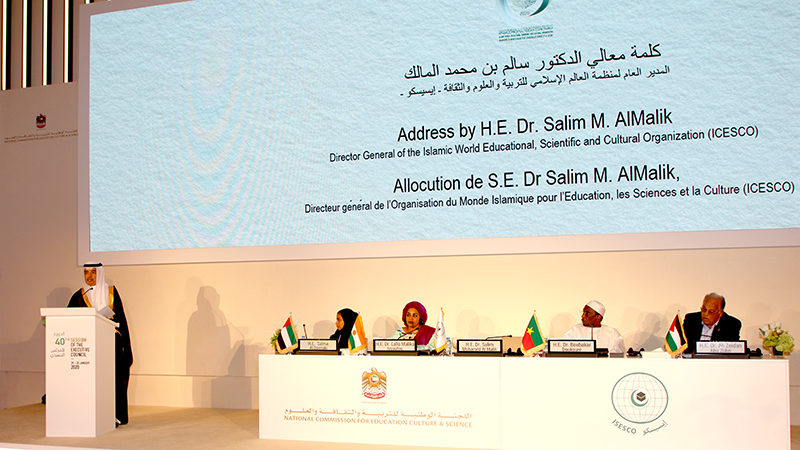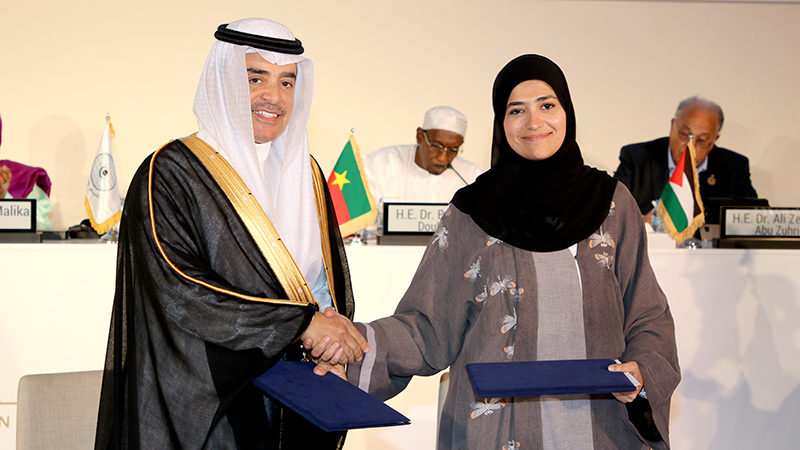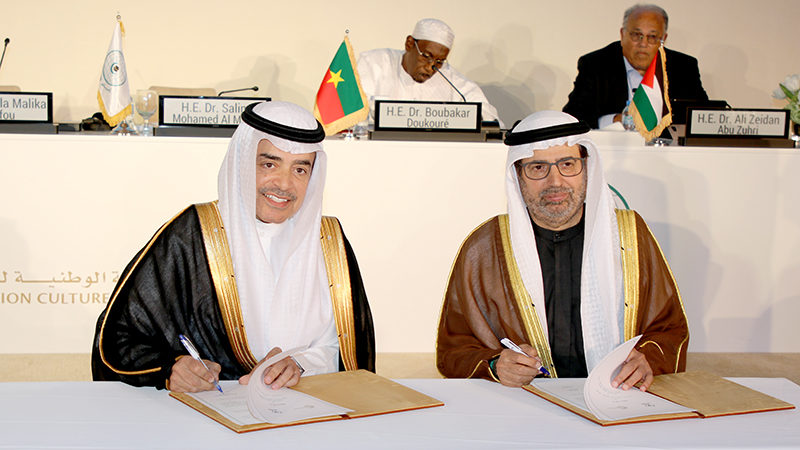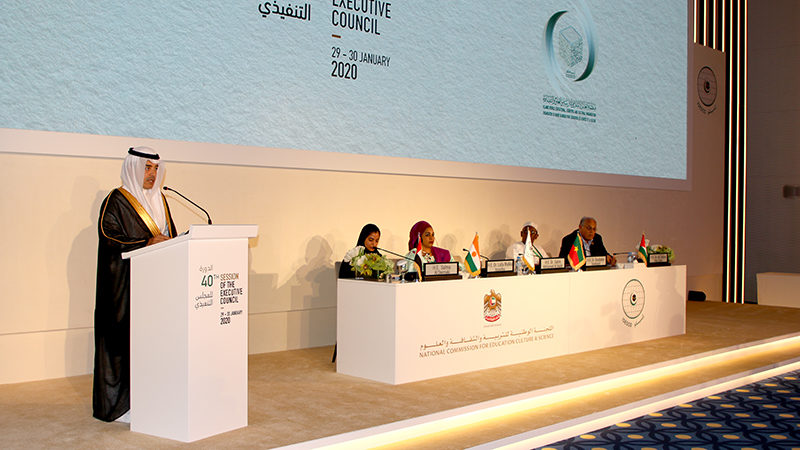**The Federation of the Universities of the Islamic World (FUIW) should be a vehicle for cooperation and coordination
The Director General of the Islamic World Educational, Scientific and Cultural Organization (ICESCO), FUIW Secretary General, Dr. Salim M. AlMalik, stated that in order for universities to fully discharge their pivotal role in achieving sustainable development in the Islamic world, the Federation must serve as a vehicle for cooperation and coordination between these universities, amid the runaway global economic developments and the increasing demand for human resources capable of integrating the new labor market based on the growing dependence on ICTs and AI.

In his address at the opening session of the 23rd session of the FUIW Executive Council, kicked off in Sharjah, State of the United Arab Emirates and will continue for two days, Dr. AlMalik stated that one of the objectives of the Federation was to endeavor, through cooperation and coordination among universities, to bridge gaps and share expertise and experiences. However, Dr. AlMalik deplored, after several decades of work, only 347 universities from the Islamic world joined the Federation and that out of 1150 universities in the Arab region, only third of that number are members in the FUIW, which make up a very small portion of the overall number of universities in the Islamic world.
Moreover, ICESCO Director General highlighted that amid the vast expansion of higher education around the globe and the mounting competition between all the higher education styles, higher education and scientific research in most Islamic world countries is struggling with various problems and challenges, such as unclear priorities and strategies of higher education, underfunding, lack of awareness of the importance of new scientific research, networking opportunities and databases, limited scope of international cooperation and human capital flight to industrially and technologically advanced countries.

In the same vein, Dr. AlMalik stressed that efforts will be made to advance higher education in Islamic world countries under ICESCO’s new vision through which the Organizations seeks to become a beacon of global outreach. These efforts include focusing on sustainable development issues, eradicating of poverty, countering extremism and hate speech, empowering women and the youth, supporting civil society, ensuring education for refugees and displaced people, preserving heritage and learning from the enormous developments in AI and future learning styles so as to turn the Federation into a platform for knowledge and science and a vehicle for cooperation and coordination.

